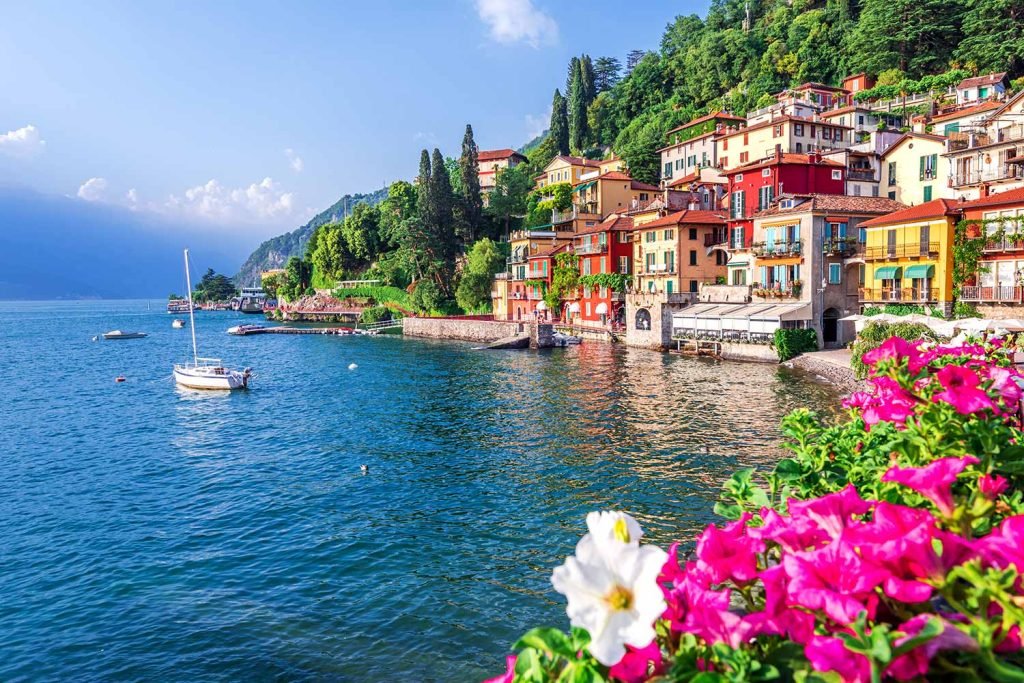Italy is a highly sought-after vacation spot, attracting nearly 60 million tourists annually. When it comes to safety, Italy is generally considered a safe country to visit, offering well-established tourist infrastructure and accessible essential services in case of any unforeseen circumstances. However, there are a few factors to be mindful of when traveling to Italy.

Safety in public places in Italy
When it comes to safety in public places, it’s important to be aware of certain factors in Italy. Petty theft is the primary concern, with incidents such as pickpocketing and bag snatching occurring most frequently in crowded tourist areas of Rome, Florence, and Venice. To mitigate the risk, remain vigilant about your belongings and consider leaving valuable items at home, such as expensive watches or jewelry.
If you plan to travel on the Circumvesuviana train network between Naples and Sorrento, exercise caution as this route is known for beggars and pickpockets. Trains can be crowded, providing an opportunity for petty theft to occur.
Tourists should also be mindful of scams, particularly in heavily touristed areas where counterfeit leather goods and “designer” products may be sold. Purchasing counterfeit items can result in significant fines.
Beggars, particularly older Romani women with young children, are prevalent in Italy. It’s important to recognize that many of them are part of organized networks and may be exploited. Donating to reputable charitable organizations after conducting thorough research is a better way to contribute to worthy causes.
Contrary to popular belief, the Mafia is not a significant concern for travelers in Italy. While Mafia activity exists, it rarely involves tourists and is primarily localized in Naples and Sicily.
Italy is also prone to natural disasters. The country has three active volcanoes (Mt Etna in Sicily, Mt Stromboli on the island of Stromboli, and Mt Vesuvius near Naples), which can disrupt travel plans if eruptions occur. Venice experiences periodic flooding, particularly during high tides in early winter, causing low-lying areas like Piazza San Marco to flood. It is advisable to follow local warnings and guidance during such times.
TRAVELING ALONE
Solo or female travelers in Italy should adhere to normal safety precautions. When walking alone at night, it is advisable to stick to well-lit and busy areas. Exercise caution when using taxis, ensuring they are legitimate, and take standard safety measures when using ridesharing services in cities like Rome and Milan.
It’s worth noting that women may encounter unwanted attention and catcalling from local men, particularly at night in cities like Bologna, Florence, and Milan. It is recommended to ignore such behavior and walk away, as this will often put an end to the catcalling.






